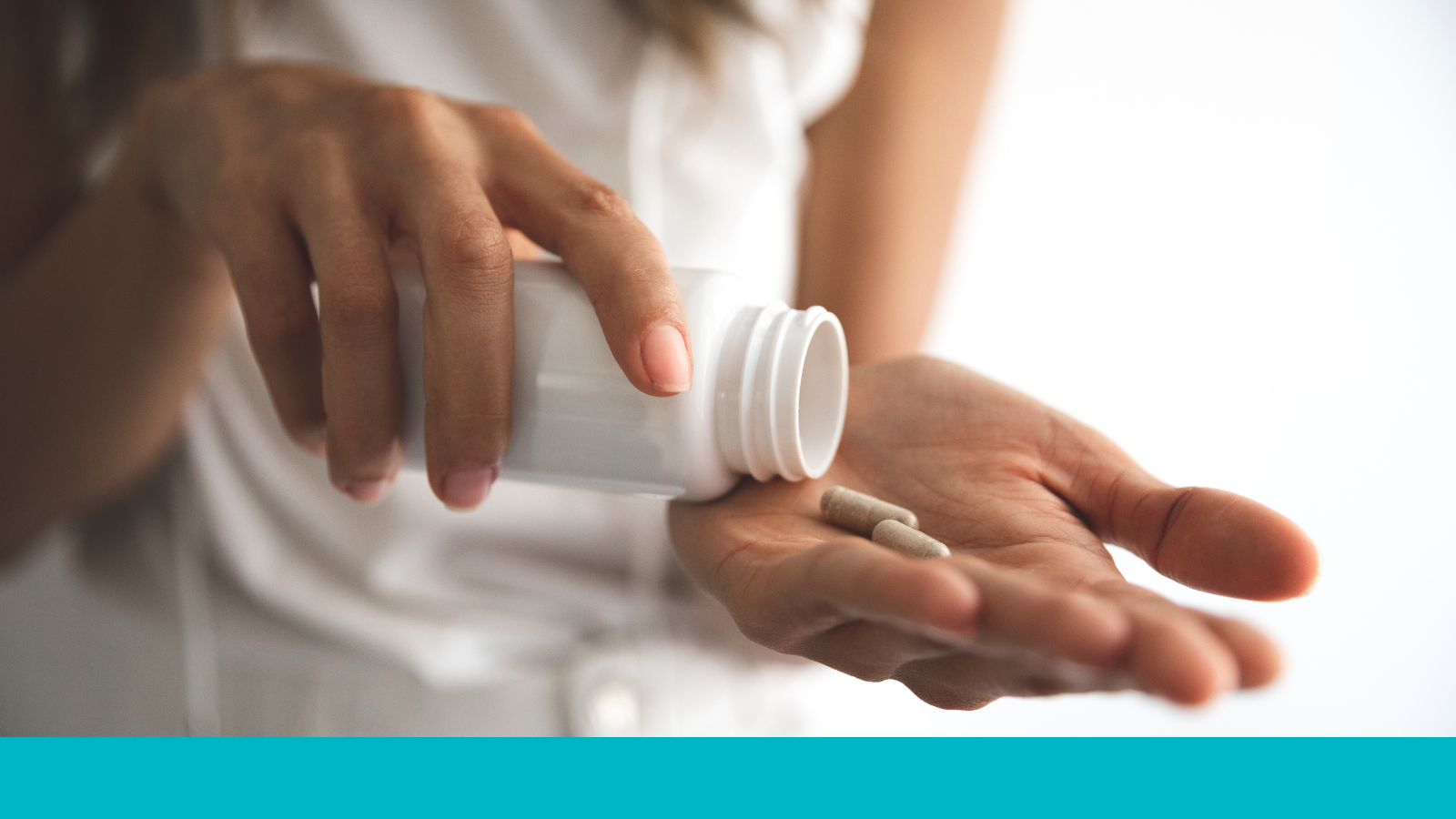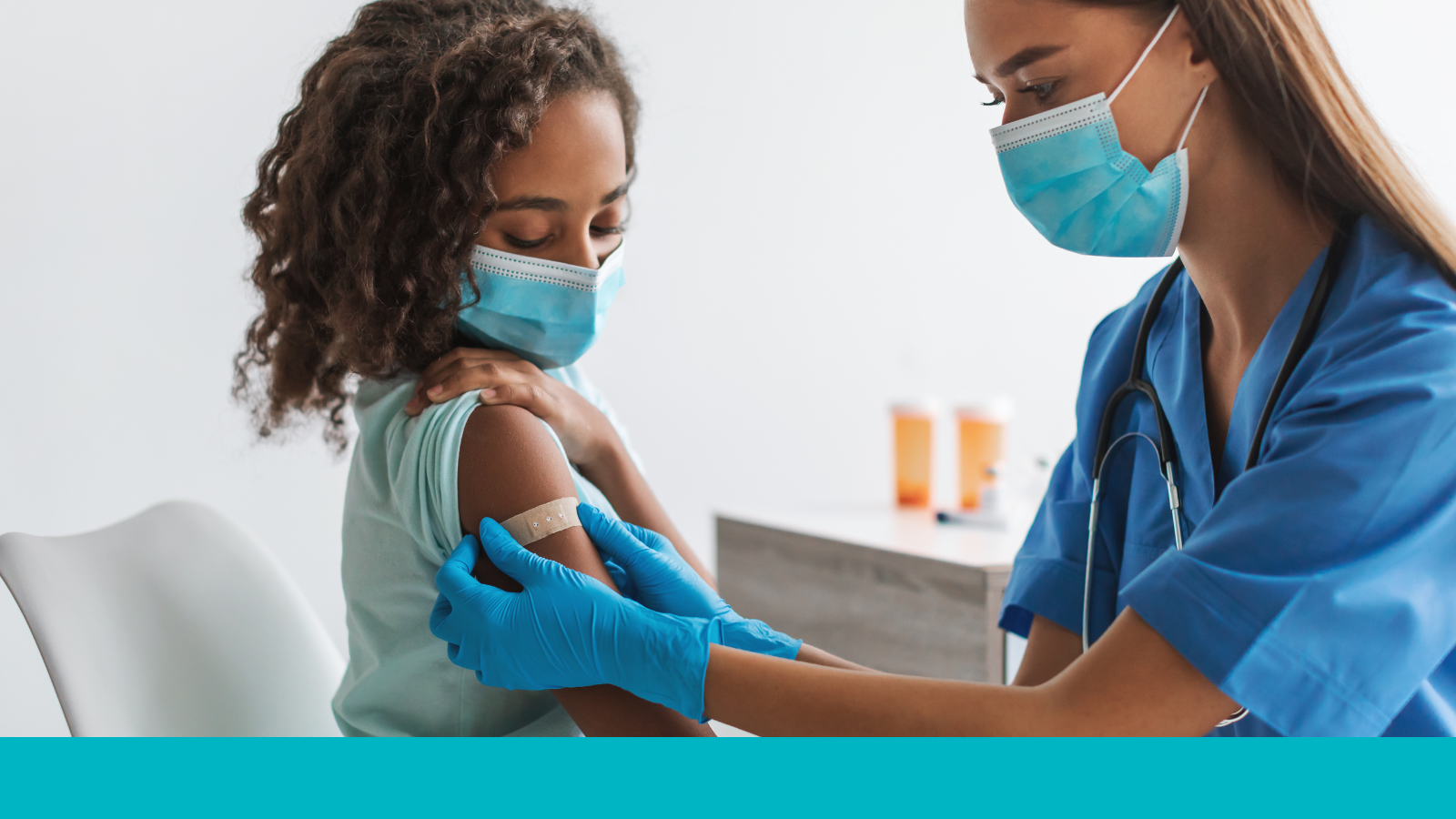Vaccines are a safe and effective way to help protect pregnant people and their babies from serious cases of flu, COVID-19, whooping cough, and RSV. Use these talking points to communicate with pregnant people about what vaccines they should receive, when, and why.
“Communicating About Vaccines During Pregnancy” references the American College of Obstetricians and Gynecologists (ACOG) as an expert source on vaccines for pregnant people. Expert sources are evidence-based, scientifically rigorous, and timely. Some of the information in this resource differs from information shared by the U.S. Department of Health and Human Services (HHS) and the Centers for Disease Control and Prevention (CDC).
Recommended Vaccines for Pregnant People
The American College of Obstetricians and Gynecologists (ACOG) recommends that people receive the flu, COVID-19, Tdap, and RSV vaccines during pregnancy.
Flu Vaccine
- When: During any trimester of pregnancy
- Why: Pregnancy has been shown to increase the risk of more severe flu illness, which places both the pregnant person and fetus at significant risk.
- Understanding the Protection it Provides: The flu vaccine prevents severe flu illness during pregnancy. Getting the flu vaccine while pregnant also provides protection to your baby until they can get the flu vaccine at age 6 months.
COVID-19 Vaccine
- When: During any trimester of pregnancy
- Why: Pregnancy has been shown to increase the risk of more severe COVID-19 illness, which places both the pregnant person and fetus at significant risk.
- Understanding the Protection it Provides: The COVID-19 vaccine prevents severe COVID-19 illness during pregnancy. Getting the COVID-19 vaccine while pregnant also provides protection to your baby until they can get the COVID-19 vaccine at age 6 months.
Tdap Vaccine (Prevents Whooping Cough, Tetanus, and Diphtheria)
- When: ACOG recommends receiving the Tdap vaccine between 27 and 36 weeks of each pregnancy.
- Why: Whooping cough is potentially deadly in the neonatal period, and there are few ways for a pregnant person to prevent their baby from getting seriously ill other than vaccination.
- Understanding the Protection it Provides: Getting the Tdap vaccine while pregnant protects your baby against severe whooping cough until they can get the Tdap vaccine at age 2 months.
Pfizer RSV Vaccine
- When: ACOG recommends receiving the RSV vaccine between 32 and 36 weeks of pregnancy during RSV season (September – January).
- Why: RSV can cause severe illness in newborns. Getting vaccinated ensures the baby is protected before birth.
- Understanding the Protection it Provides: Getting the RSV vaccine while pregnant protects your baby against severe RSV for the first six months after birth.
Safety and Effectiveness
- Extensive research shows that vaccines do not cause autism, birth defects, or pregnancy complications. Vaccines have been safely used during millions of pregnancies for decades.
- Babies under six months are too young for many vaccines, including the flu and COVID-19 vaccines. Getting vaccinated during pregnancy is a safe and effective way to protect babies from severe disease and death during their first few months of life.
- Pregnant people are at higher risk for serious illnesses, such as serious flu and COVID-19 illness, than people who aren’t pregnant. Vaccines offer the best protection.
Source for this resource unless otherwise noted: Vaccines During Pregnancy | The American College of Obstetricians and Gynecologists



